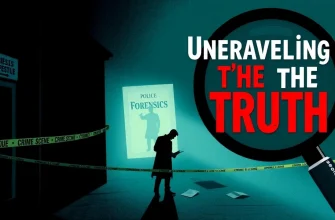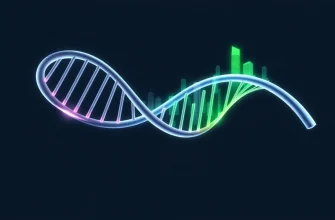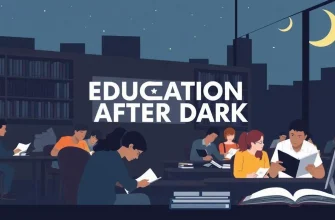Dive into the murky waters of crime and justice with our curated list of films that revolve around the pivotal role of evidence. From forensic breakthroughs to the manipulation of clues, these movies showcase the intricate dance between law enforcement and the criminal mind, offering viewers a thrilling exploration of how evidence can make or break a case. Whether you're a fan of courtroom drama, detective work, or the psychological twists of crime-solving, this collection promises to keep you on the edge of your seat.

The Silence of the Lambs (1991)
Description: This film features FBI agent Clarice Starling who must delve into the mind of a cannibalistic serial killer to catch another murderer. Evidence plays a crucial role in unraveling the mystery.
Fact: Jodie Foster won an Academy Award for Best Actress for her role as Clarice Starling. The film was the third to win all five major Academy Awards (Best Picture, Best Director, Best Actor, Best Actress, and Best Adapted Screenplay).
 Watch Now
Watch Now 
Se7en (1995)
Description: Two detectives hunt a serial killer who uses the seven deadly sins as his motives. The film's climax hinges on the discovery and interpretation of evidence.
Fact: The film's ending was kept a secret from most of the cast and crew to maintain its shock value.
 Watch Now
Watch Now 
The Usual Suspects (1995)
Description: A tale of deception and manipulation where the key to solving the crime lies in the testimony and evidence provided by a seemingly unreliable witness.
Fact: The film's twist ending has become legendary, with Kevin Spacey's character delivering one of the most iconic lines in cinema history.
 Watch Now
Watch Now 
The Bone Collector (1999)
Description: A quadriplegic ex-detective and a rookie cop work together to catch a serial killer, using forensic evidence to solve the crimes.
Fact: The film was based on the novel by Jeffery Deaver, and the character of Lincoln Rhyme was inspired by real-life forensic expert Dr. Henry Lee.
 Watch Now
Watch Now 
Memento (2000)
Description: A man with short-term memory loss uses notes, tattoos, and Polaroids to track down his wife's killer, making evidence collection central to the plot.
Fact: The film was shot in reverse chronological order to reflect the protagonist's memory loss.
 Watch Now
Watch Now 
The Departed (2006)
Description: An undercover cop and a mole in the police attempt to identify each other, with evidence playing a pivotal role in their cat-and-mouse game.
Fact: Martin Scorsese won his first Best Director Oscar for this film, which was a remake of the Hong Kong film "Infernal Affairs."
 Watch Now
Watch Now 
Zodiac (2007)
Description: Based on the true story of the Zodiac Killer, this film meticulously details the investigation, focusing on the cryptic letters and evidence left by the killer.
Fact: David Fincher, known for his attention to detail, used real-life police reports and interviews to ensure accuracy in the portrayal of the investigation.
 Watch Now
Watch Now 
Gone Baby Gone (2007)
Description: Two private investigators search for a missing girl, uncovering layers of deceit and the manipulation of evidence in the process.
Fact: This was Ben Affleck's directorial debut, and he also co-wrote the screenplay with his brother Casey Affleck.
 Watch Now
Watch Now 
Prisoners (2013)
Description: A father takes matters into his own hands when the police fail to find his daughter, leading to a complex investigation involving evidence and moral dilemmas.
Fact: The film was shot in Georgia, but set in Pennsylvania, with the director Denis Villeneuve choosing to keep the setting ambiguous to focus on the story.
 Watch Now
Watch Now 
The Girl with the Dragon Tattoo (2011)
Description: A journalist and a hacker investigate a 40-year-old disappearance, uncovering a web of secrets and evidence that leads to a shocking conclusion.
Fact: The film's title in Swedish is "Män som hatar kvinnor" which translates to "Men Who Hate Women."
 Watch Now
Watch Now 








